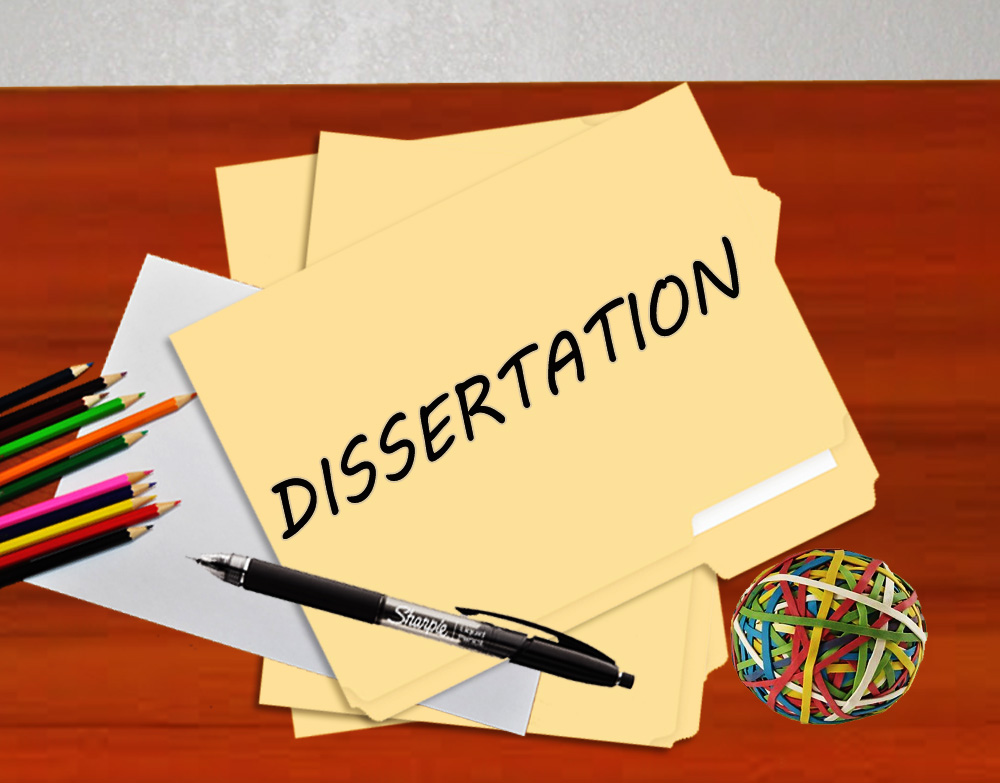Writing A Dissertation Literature Section
 Writing the literature review section of a dissertation is essential, as it critically examines scholarly sources related to your topic. This section provides a summary of existing knowledge, highlights research gaps, and explores the methods and theories used in previous studies. It involves selecting relevant publications, analyzing them critically, and discussing key findings, making it a fundamental component of your dissertation.
Writing the literature review section of a dissertation is essential, as it critically examines scholarly sources related to your topic. This section provides a summary of existing knowledge, highlights research gaps, and explores the methods and theories used in previous studies. It involves selecting relevant publications, analyzing them critically, and discussing key findings, making it a fundamental component of your dissertation.
Importance Of Writing A Dissertation Literature Section
- Show your familiarity with the topic
- Develop your research’s theoretical framework and methodology
- Demonstrate how your project addresses a gap in the literature
- Persuade the reader you have valid and relevant arguments
- Google Scholar
- EBSCO
- University’s library catalogue
Looking for help writing a dissertation literature section for your dissertation, thesis, capstone, or just a college assignment? Our dissertation literature review writing services will help you relate your dissertation findings to previous research and suggest further studies.
Get a 15% Discount on Your First Order!

